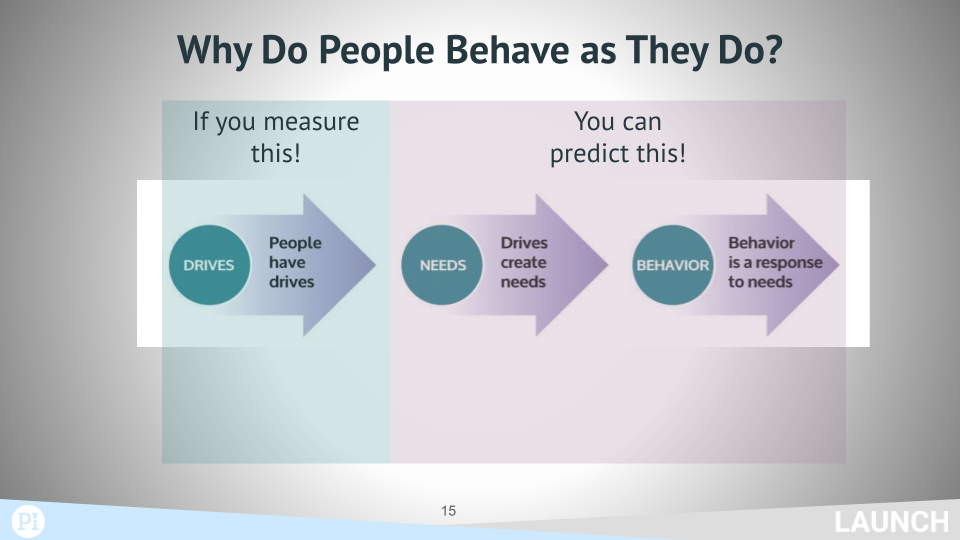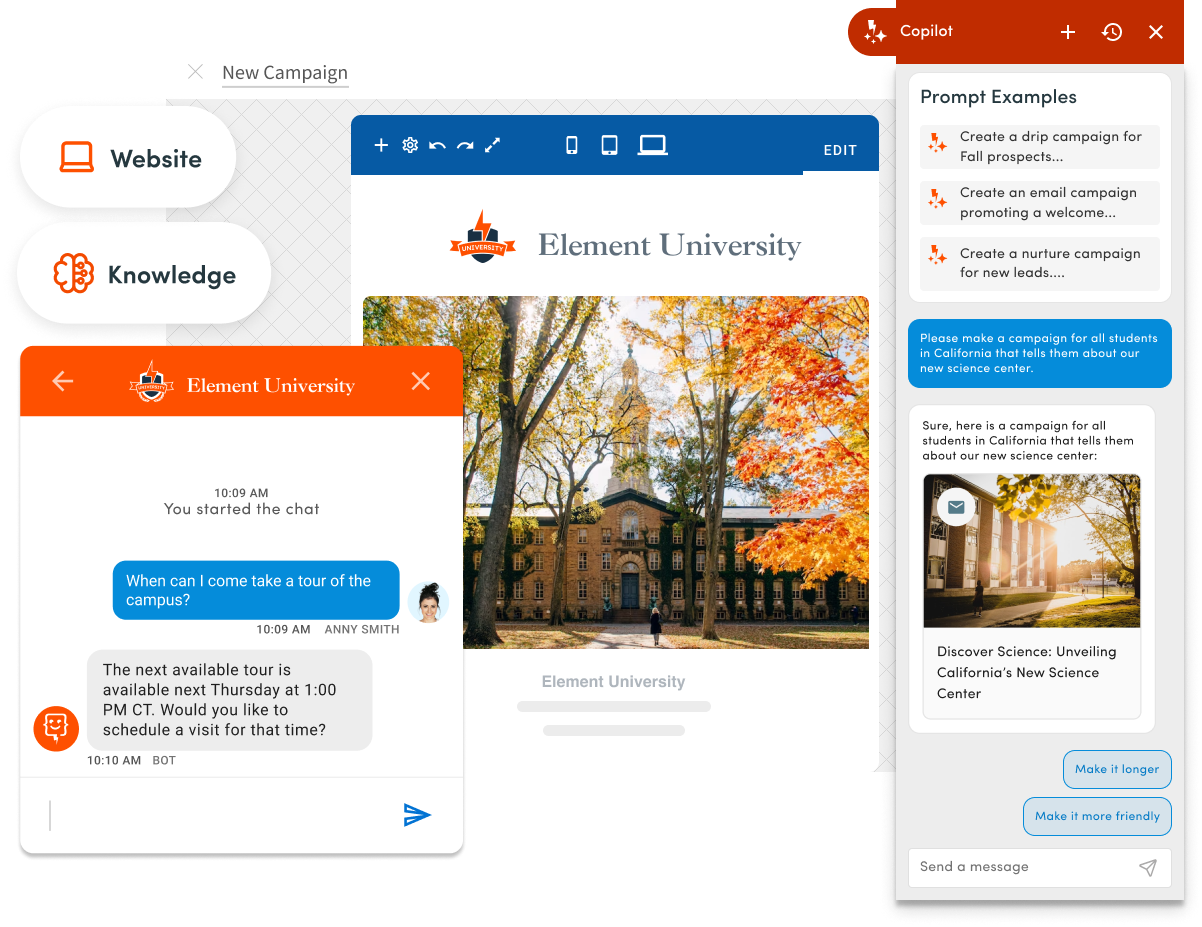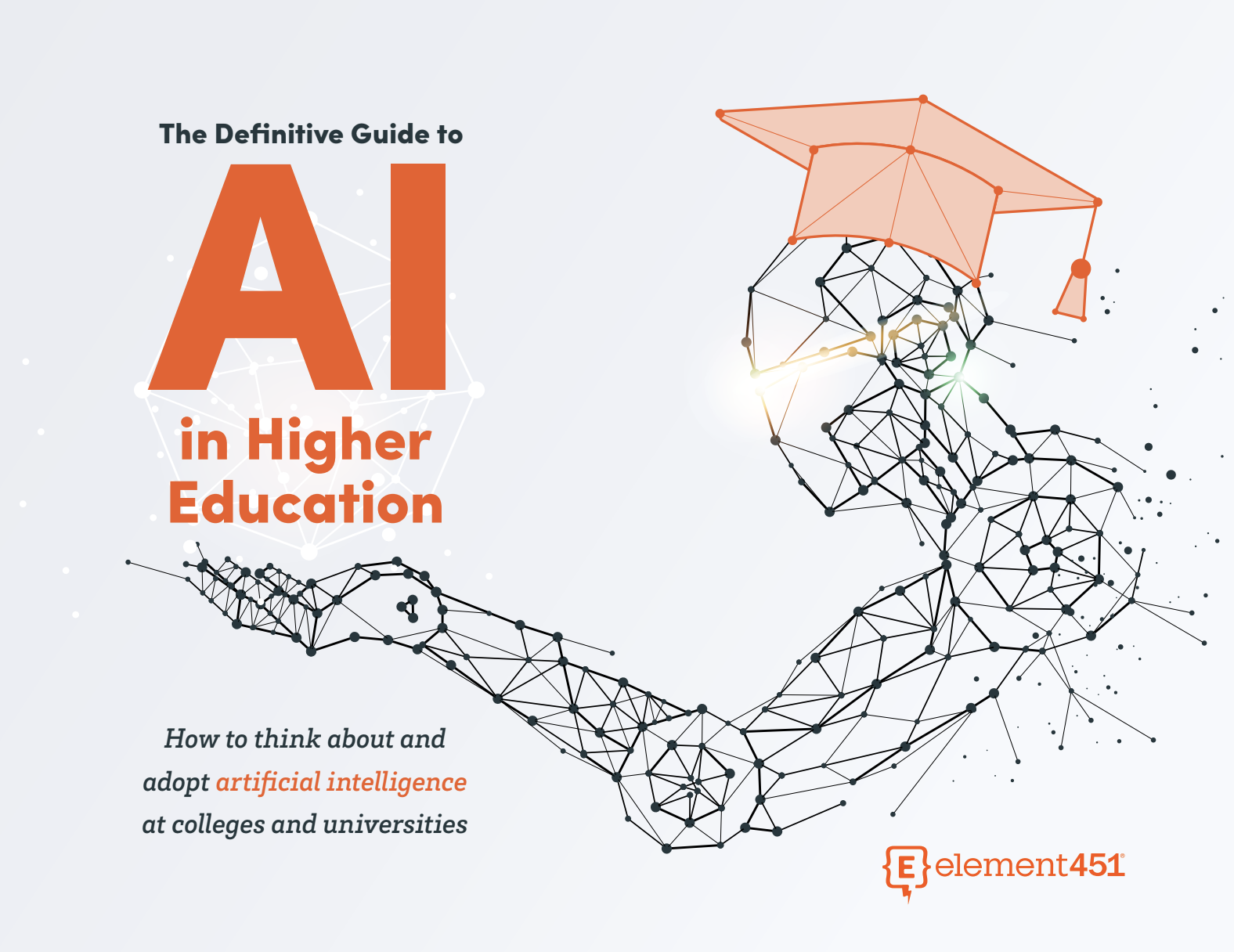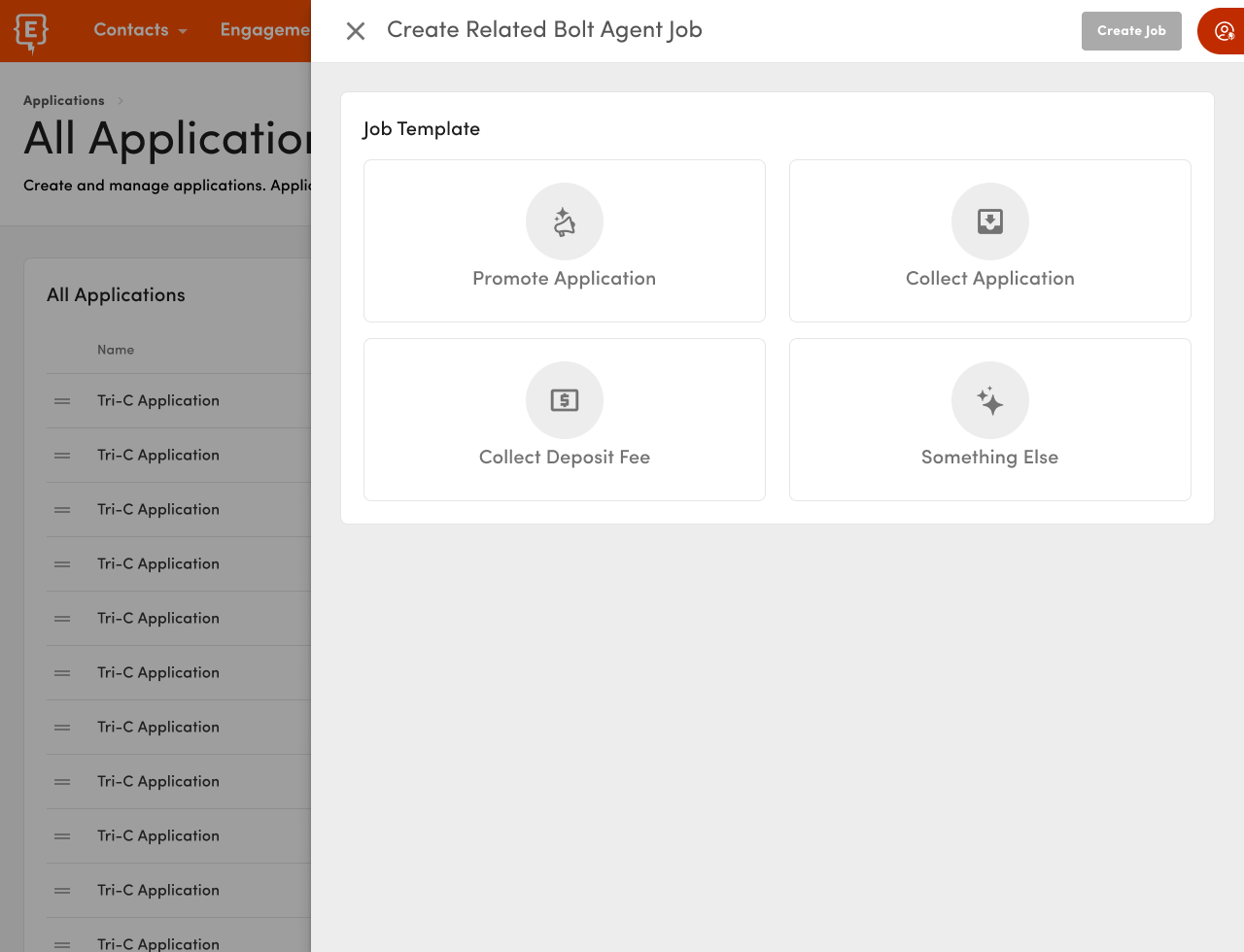Are You Guilty of Talent Management Malpractice?
by Sirley Carballo · Updated Sep 13, 2024

Chris Quinn from Imprint Talent Readiness presents at the 2023 Engage Summit.
At this year’s Engage Summit, Chris Quinn dove into the world of talent management and uncovered the hidden dangers and overlooked strategies that can make or break an organization's success.
With a deep understanding of human behavior, data-driven decision-making, and the need for personalization, Quinn raised crucial points that shed light on how businesses can optimize their talent management practices.
In this blog, we will recap and analyze the key takeaways from this thought-provoking session.
What are the Dynamics of Talent Management?
Quinn delved into the complex relationship between training and retention. He highlighted the dilemma faced by companies that invested in training employees, only to see them leave shortly afterward.
Quinn suggested that understanding an individual's risk appetite was crucial in predicting their behavior and addressing potential retention issues beforehand.
By assessing attributes like tolerance for risk, companies could hire individuals with low risk appetite and a high need for security, ensuring a better chance of retaining them.
The Role of Data in Talent Management
Data held immense power in talent management, and Quinn emphasized its importance throughout the episode. He introduced the "Predictive Index," a psychometric assessment that helped match individuals with specific roles.
By leveraging data to understand and tailoring an individual's experience within the company, organizations could activate employee discretionary effort, fostering engagement and encouraging individuals to go above and beyond.
What is the Predictive Index?
The Predictive Index is a type of "psychometric assessment" that is designed to match individuals with specific roles in an organization. It is a tool that measures different aspects of an individual's personality, such as their drives, needs, and preferences.
By collecting and analyzing this data, the Predictive Index helps companies identify the most suitable candidates for a particular job or role.The importance of the Predictive Index lies in its ability to predict an individual's behavior and job performance based on their personality traits. It allows companies to make more informed decisions when it comes to hiring, training, and managing employees.
By understanding an individual's natural strengths and drives, companies can create a tailored experience that maximizes their potential and engagement in the workplace. This ultimately leads to better job satisfaction, increased productivity, and higher retention rates.
The Predictive Index is a valuable tool in talent management as it helps companies find the right fit for their organization and foster a more productive and engaged workforce.
Challenges and Solutions in Talent Management
Quinn confronted the challenges plaguing talent management, such as stagnant salaries, the recirculation of candidates among companies, and the limited work experience of many applicants. To ensure a diverse and innovative workforce, organizations had to search for new talent pools beyond traditional avenues.
Moreover, finding candidates with varied backgrounds and experiences contributed to a more dynamic work environment. Quinn suggested that personalizing the experience for individuals based on data was crucial in overco

The Impact of Engagement
Employee and student engagement play vital roles in talent management. Quinn highlighted the danger of individuals merely going through the motions, which led to reduced involvement and increased job-switching tendencies. He stressed the importance of fostering engagement to drive innovation and productivity.
By understanding top performers in specific job roles and leveraging data to tailor their experiences, organizations could optimize employee and student engagement.
Overcoming Biases and Leveraging Data
Quinn explored the common biases that hinder effective talent management. Confirmation bias, in particular, often causes people to underestimate contradictory facts while overvaluing information that aligns with their existing beliefs.
By utilizing data, organizations can overcome biases and ensure data-driven decision-making.
The Importance of Job Role Alignment
Job role alignment is a critical component of talent management success.
Different roles require different profiles for optimum performance, and personalizing the experience based on individual data profiles can lead to greater success. Quinn explored the correlation between high factor A and success in specific job roles.
By identifying individuals with strengths that align with the demands of a particular position, organizations can effectively place talent where they will thrive.
Tailoring Experiences in Higher Education
Quinn extended the discussion to higher education, urging universities to analyze profiles of their top-performing students in various majors to identify patterns.
By understanding what drives student success, universities can attract, assess, develop, and retain individuals who are highly motivated in their chosen fields.
This parallels the talent management challenges faced by businesses and emphasizes the need for personalization in the education sector.
Real-World Success Stories
To illustrate the power of personalized talent management, Quinn shared a heartwarming personal anecdote. He recounted how a university successfully retained his son for an additional year by tailoring his educational experience to align with his passions and natural strengths.
This story serves as a reminder of the significant impact that personalized talent management can have on an individual's academic or professional journey.

See Element451 In Action
With its powerful and customizable enrollment, marketing, and student success platform, Element451 can provide an unparalleled level of support to institutions seeking to engage with their students in a more effective and dynamic way.
See How It Works
Optomize Your Talent Management Strategies
By understanding an individual's risk appetite, leveraging data, and personalizing experiences, organizations can foster engagement, retain top talent, and achieve better overall performance.
From avoiding biases to aligning job roles with individual strengths, Quinn provides invaluable insights that can help businesses optimize their talent management strategies and create thriving work environments.
View All the Engage Summit Sessions
To see the slides and rewatch all the Engage Summit session recordings, visit our session library.

About Element451
Boost enrollment, improve engagement, and support students with an AI-driven CRM and agent platform built for higher ed. Element451 makes personalization scalable and success repeatable.
Categories
New Blog Posts

The Definitive Guide
AI in Higher Education
Bridge the gap between the latest tech advancements and your institution's success.
Useful Links

Talk With Us
Element451 is an AI-driven CRM and AI agent platform for higher education. Our friendly experts are here to help you explore how Element451 can improve outcomes for your school and students.
Get a Demo








